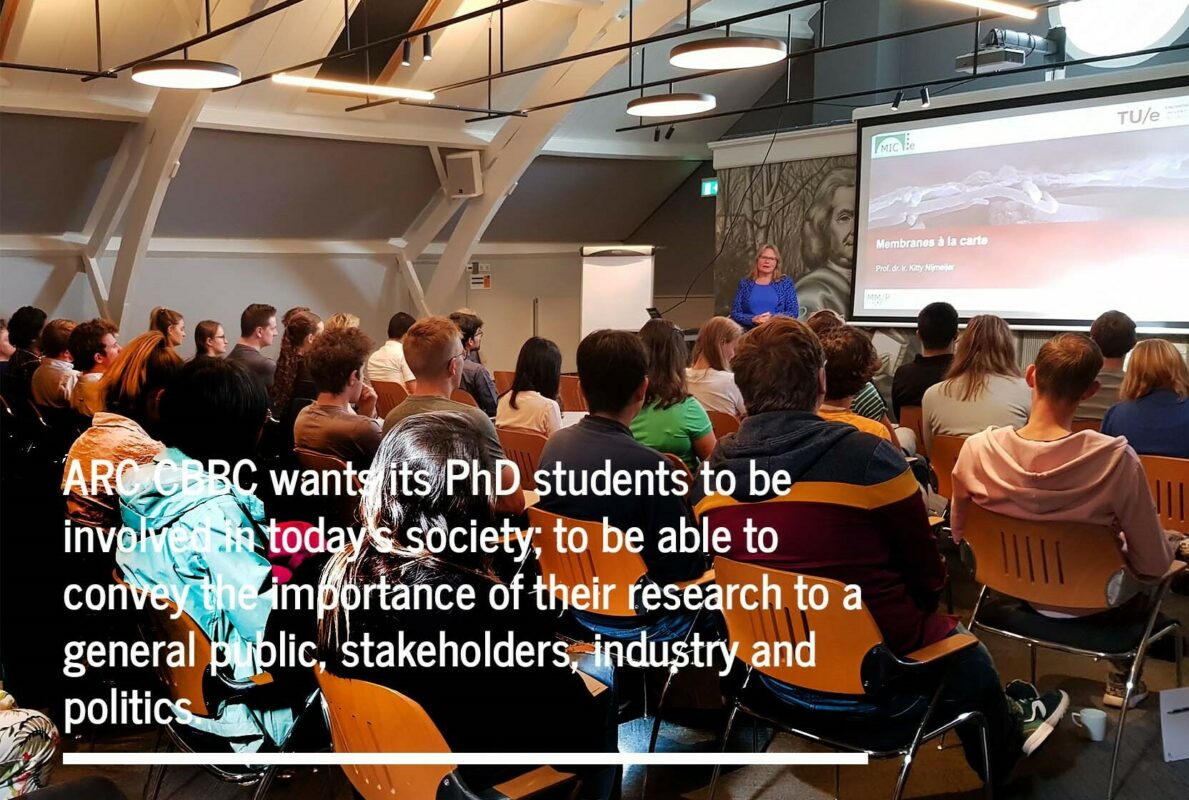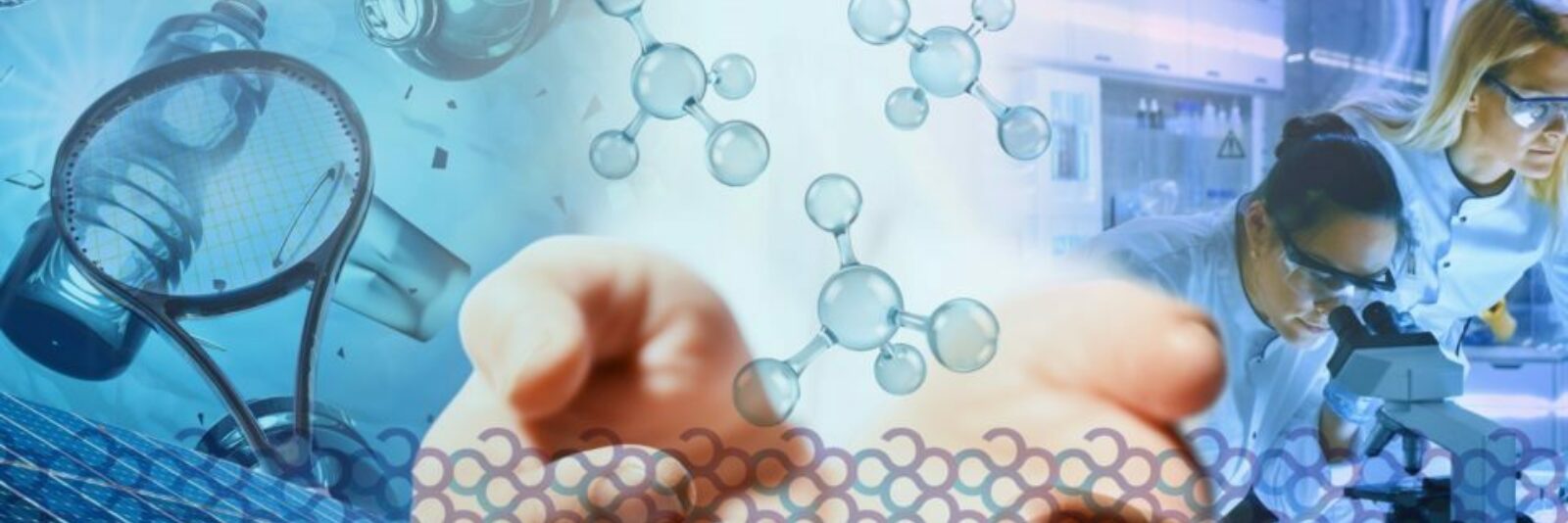ARC CBBC tackles the challenges of ‘greenifying chemistry’ through multilateral and bilateral programmes based on three themes: the materials transition, the feedstock transition and the energy transition. At present, approximately 40 high-profile scientists in the Netherlands are affiliated with ARC CBBC, who collaborate with industrial scientists on developing and fostering new academic talent represented by over 45 PhD students and postdoctoral researchers.
Our research program
Our research programme is constructed around the principle of developing alternative and – above all – greener methods for the chemical industry. Our ultimate goal is to close ‘the product loop’ and, by doing so, to transform it into a fully recyclable model. Therefore, part of our programme focuses on the conversion of various types of feedstock for the bulk chemicals industry. These types of feedstock include biomass, CO2, natural gases (such as methane) and plastic waste.
Renewable feedstocks will be used to produce new materials such as light-weight carbon materials, smart (i.e. long-lasting) bio-based plastic materials, and coatings. These new materials can have ingenious properties that promote recyclability, durability and innovation, and can be applied in the clothing, sports and packaging industries, among others. To ensure future production processes with a net zero CO2 emission, our research programme also focuses on the development of new methods for the efficient conversion of feedstock using light and renewable electricity as energy sources.
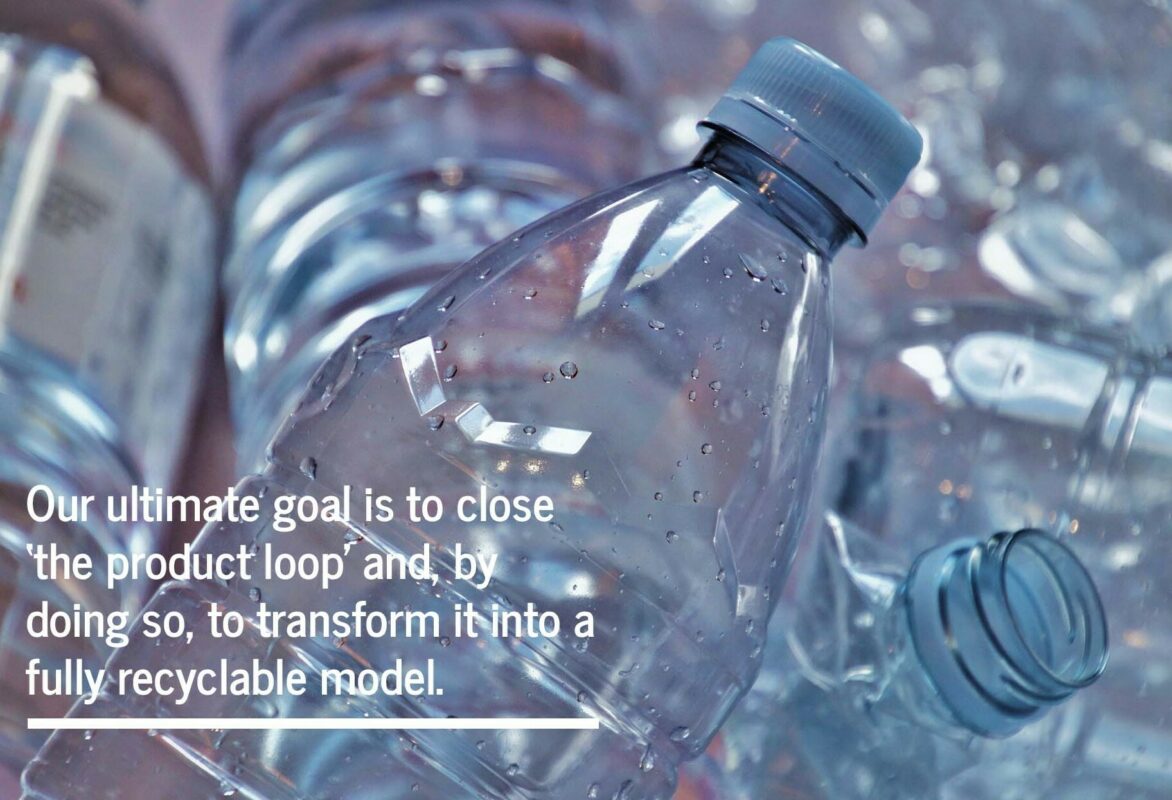
Our approach
ARC CBBC conducts both blue sky and topic-specific research. Our topic-specific research is carried out in close collaboration with the R&D departments of our industry partners. Together, we aim to improve specific industrial processes where they matter most. We also carry out pre-competitive projects, in which we conduct blue sky research as well as a number of exploratory, curiosity-driven projects. These have the potential to yield ground-breaking results in the race towards a green and circular industry.
Our research topics are examined by interdisciplinary teams composed of postdoctoral researchers and PhD students with the relevant expertise. These young researchers all collaborate closely with and receive support from our industry partners. We believe that dedicated guidance and supervision leads to a better context setting for research projects, while serving as a driving force towards ensuring their industrial relevance at the same time.
Our network of Principal Investigators (PIs) comprises the core of all research projects carried out within the consortium. These PIs, our ‘members’, are selected by our Executive Board and Scientific Advisory Board on the basis of their field of research and their fit with ARC CBBC’s research themes. A membership is granted for five years and gives the recipient an opportunity to submit research proposals for bilateral or multilateral projects. To ensure an up-to-date pool of ARC CBBC members, we set out targeted calls for expertise when needed.
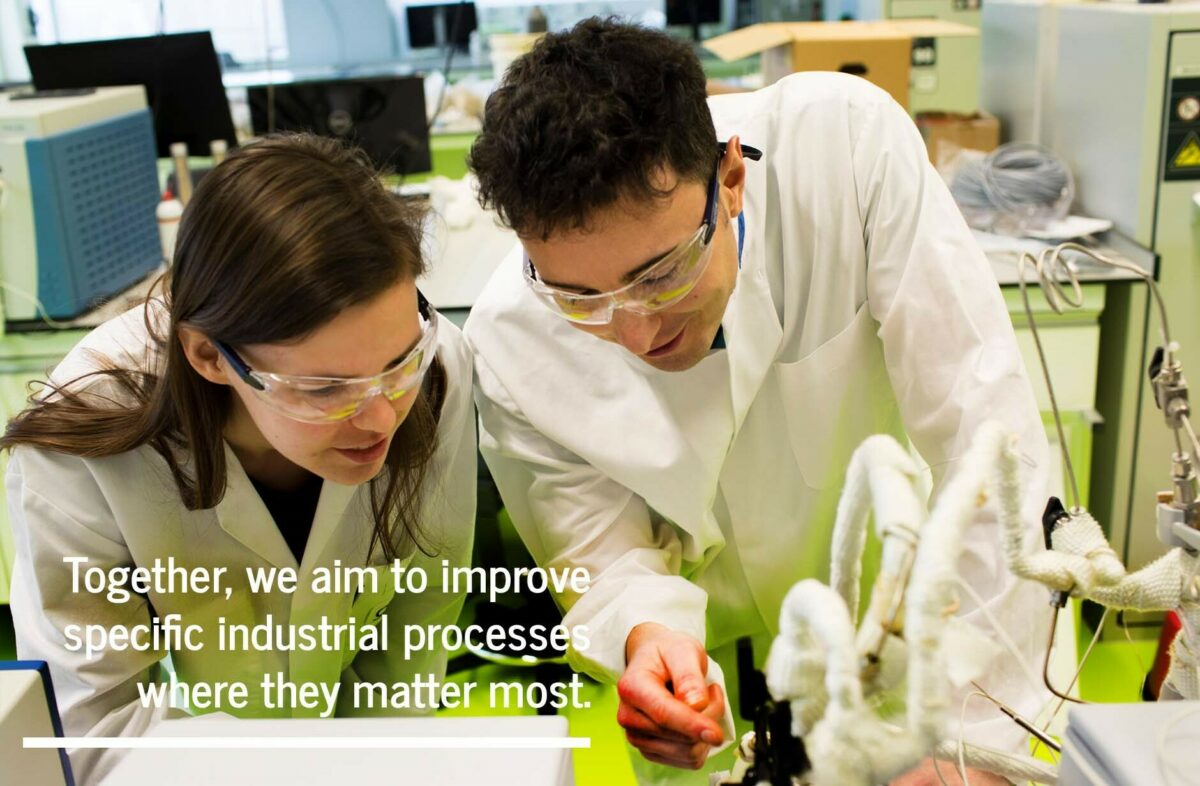
Our hubs
Our hubs play a key role in our ambitions. ARC CBBC, intrinsically a virtual institute, is built up around three central university hubs, each of which employs both scientific and technical staff and has state-of-the-art equipment at its disposal. The University of Groningen (with a focus on homogeneous catalysis), Eindhoven University of Technology (with a focus on process technology) and Utrecht University (with a focus on heterogeneous catalysis) have all provided ARC CBBC with lab space, financial support and human resources.
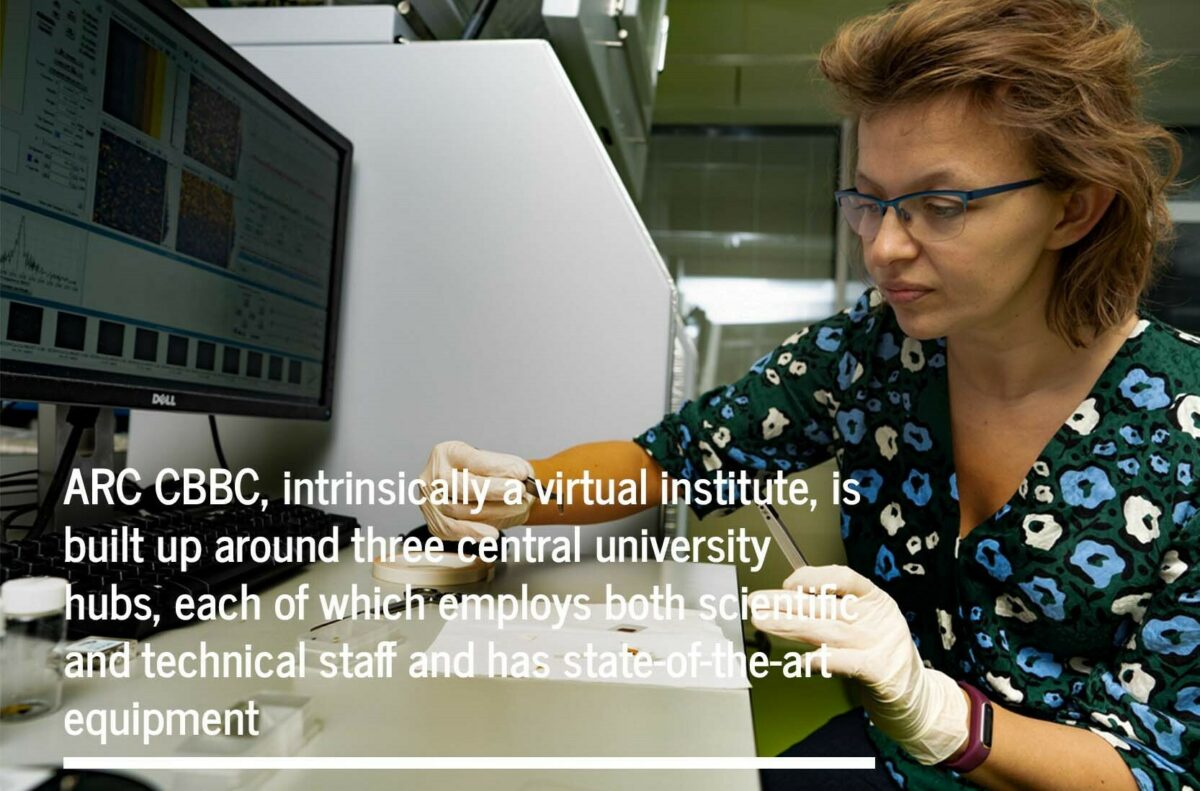
Our educational programme
At ARC CBBC, we attach great importance to how we educate – and thus equip – our young researchers. Sharing expertise is facilitated in more than one way. It happens naturally, in response to how our multilateral programmes are organized. We also take concrete action to facilitate this. A prime example is our summer schools, where chemists from different departments, universities, ages, backgrounds and subdisciplines meet. They discuss their work, ask for input and often end up with surprising connections. Our PhD programme is designed so that our researchers learn not only how to communicate more clearly with one another, but also with high-school students or people whose interests differ from those of scientists – because their interest is commercial, for example, and based on their need to sell a product.
ARC CBBC wants its PhD students to be involved in today's society; to be able to convey the importance of their research to a general public, stakeholders, industry and politics. We believe that talent manifests itself in various skills. Being an excellent scientist is one, but so is the ability to take on a leadership role or enthuse a lay audience for your work. All those qualities help shape the researcher of today – for the chemical building blocks of tomorrow.
At the heart of our research center are our people. They are affiliated to universities, companies and institutions throughout the Netherlands and internationally. Find out who they are at our People page.
